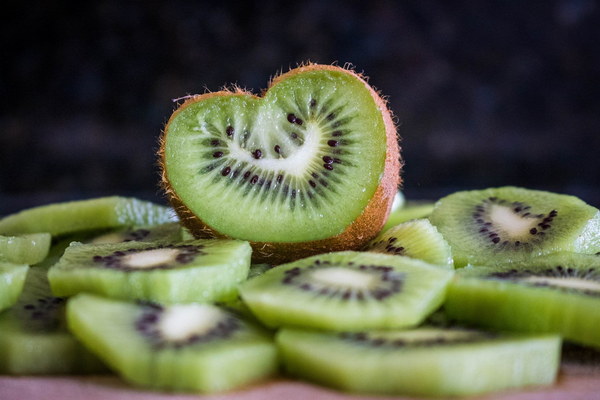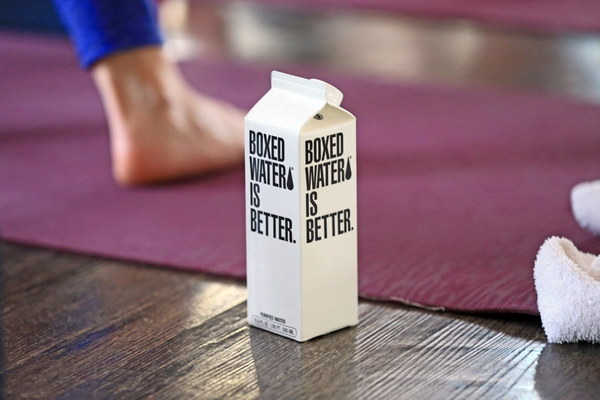Postpartum Care A Comprehensive Guide to Revitalizing Your Body
After the joyous experience of childbirth, taking care of your body is essential for a healthy and quick recovery. Postpartum care is not just about healing physical wounds but also about nurturing your mental and emotional well-being. This article provides a comprehensive guide to postpartum care, offering practical tips and advice to help you revitalize your body.
1. Rest and relaxation
The first few weeks after giving birth are crucial for your recovery. Ensure you get plenty of rest and sleep, as your body needs time to heal. Avoid overexertion and prioritize your well-being over household chores and other responsibilities. Remember, taking care of yourself is the best way to take care of your baby.
2. Nutrition
A well-balanced diet is essential for postpartum recovery. Focus on incorporating a variety of nutrient-rich foods, such as fruits, vegetables, whole grains, lean proteins, and healthy fats. These nutrients will help you regain strength, boost your immune system, and provide the energy needed for breastfeeding.
- Increase your intake of calcium and vitamin D to support bone health and prevent osteoporosis.

- Consume iron-rich foods to combat postpartum anemia, a common condition after childbirth.
- Stay hydrated by drinking plenty of water throughout the day.
3. Breastfeeding
Breastfeeding is not only beneficial for your baby but also for your body. It helps shrink your uterus, reduces the risk of breast cancer, and promotes emotional bonding. If you encounter any challenges, seek support from lactation consultants or breastfeeding support groups.
4. Pelvic floor exercises
Pelvic floor exercises, also known as Kegels, are crucial for strengthening the muscles that support your bladder, bowel, and uterus. These exercises can help alleviate postpartum incontinence and prevent pelvic organ prolapse. Start doing Kegels as soon as possible after giving birth, and aim to do them daily for optimal results.
5. Gentle exercise
Once you have received clearance from your healthcare provider, incorporate gentle exercise into your routine. Walking, swimming, and prenatal yoga are excellent options for postpartum exercise. These activities will help you regain strength, improve your mood, and promote weight loss.
6. Mental health
Postpartum depression is a common condition that affects many new mothers. It is essential to recognize the signs and seek help if you feel overwhelmed or sad. Reach out to your healthcare provider, friends, and family for support. Consider joining a postpartum support group or seeking therapy to cope with your emotions.
7. Postpartum check-ups
Regular postpartum check-ups are essential to monitor your recovery and ensure your health. These appointments will help identify any potential complications and provide guidance on maintaining your well-being.
8. Hair and skin care
Postpartum hair and skin care is often overlooked but can significantly impact your self-confidence. Use gentle, nourishing products to care for your hair and skin, and consider incorporating self-care practices, such as facials or massages, into your routine.
In conclusion, postpartum care is essential for a healthy and happy recovery. By focusing on rest, nutrition, breastfeeding, exercise, mental health, and regular check-ups, you can revitalize your body and embrace the journey of motherhood. Remember, taking care of yourself is the best way to take care of your baby.









